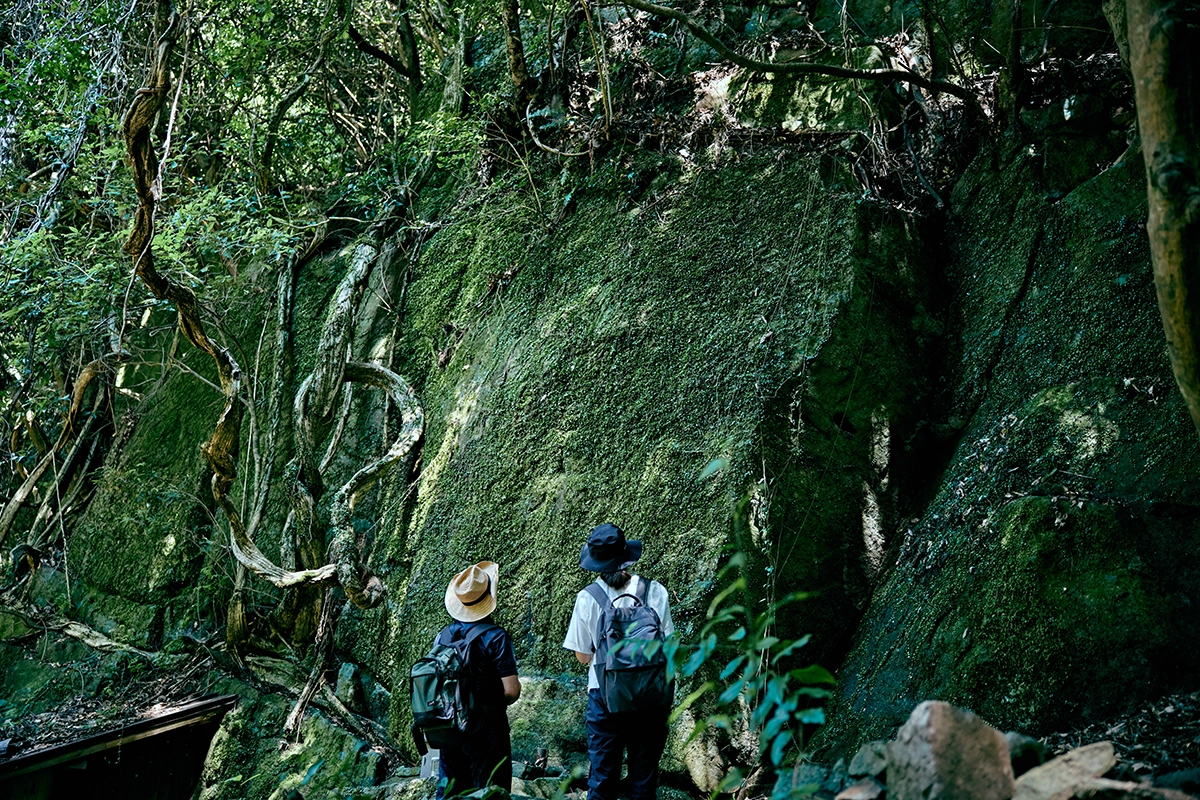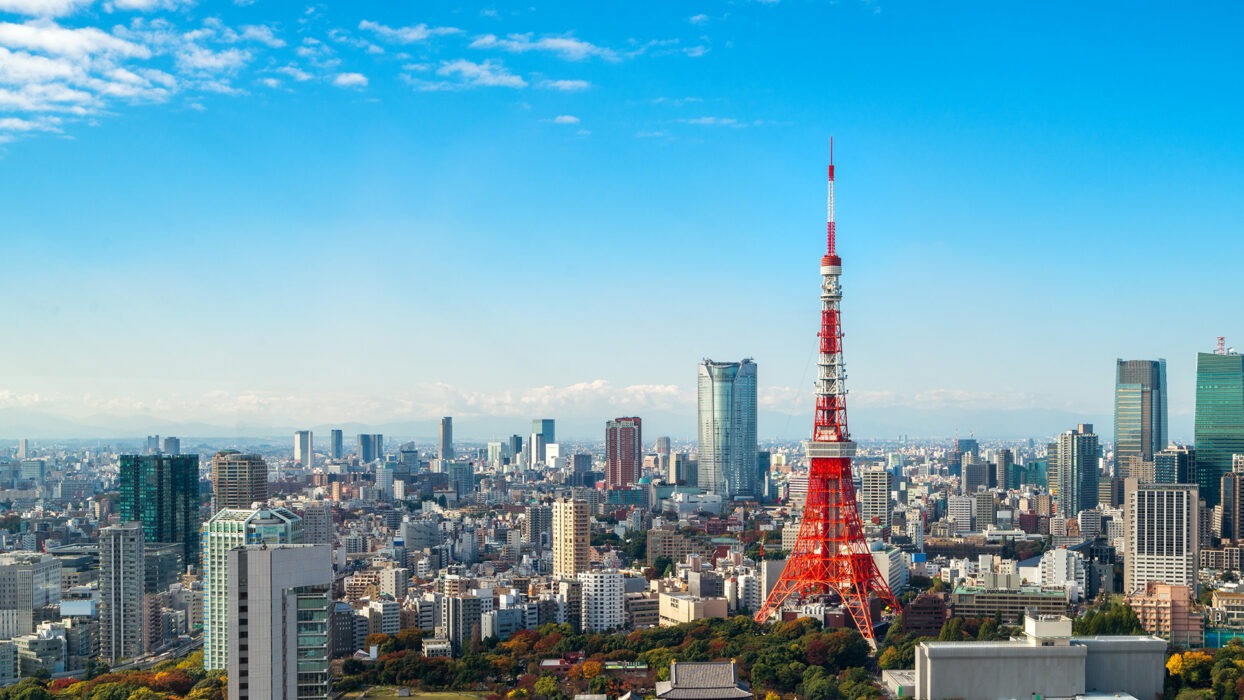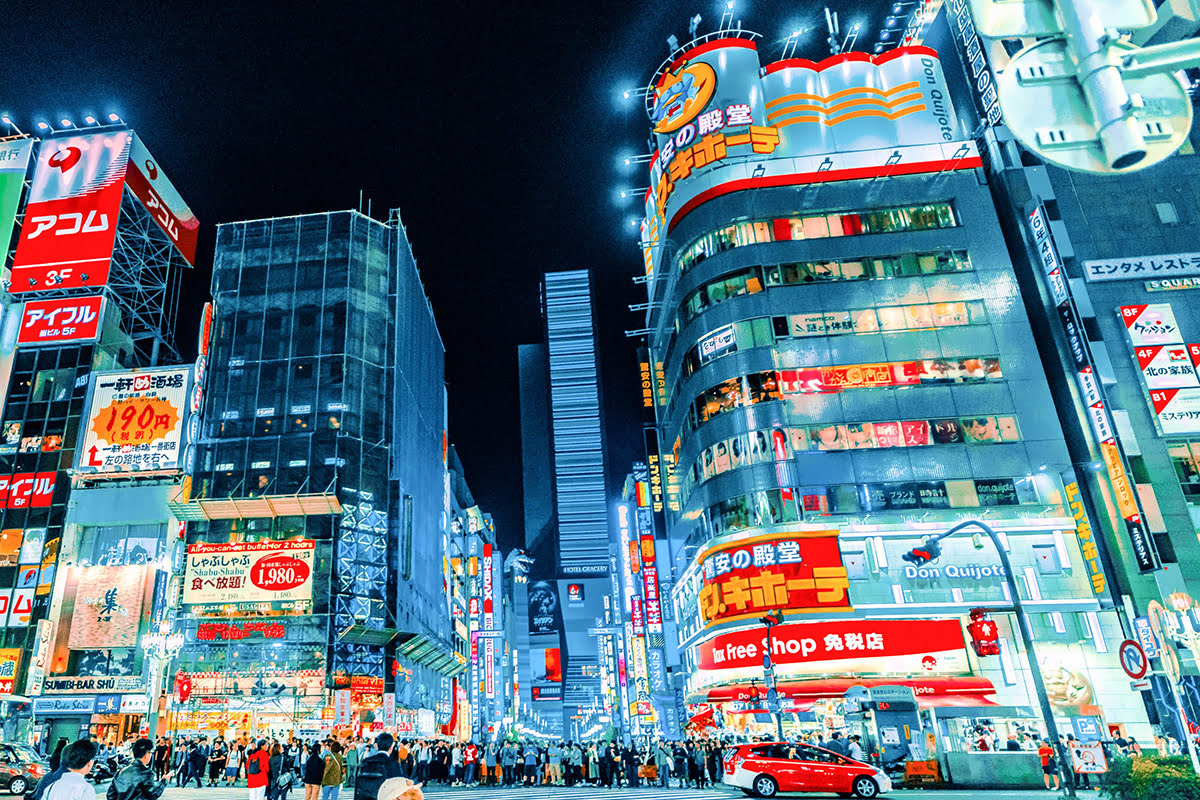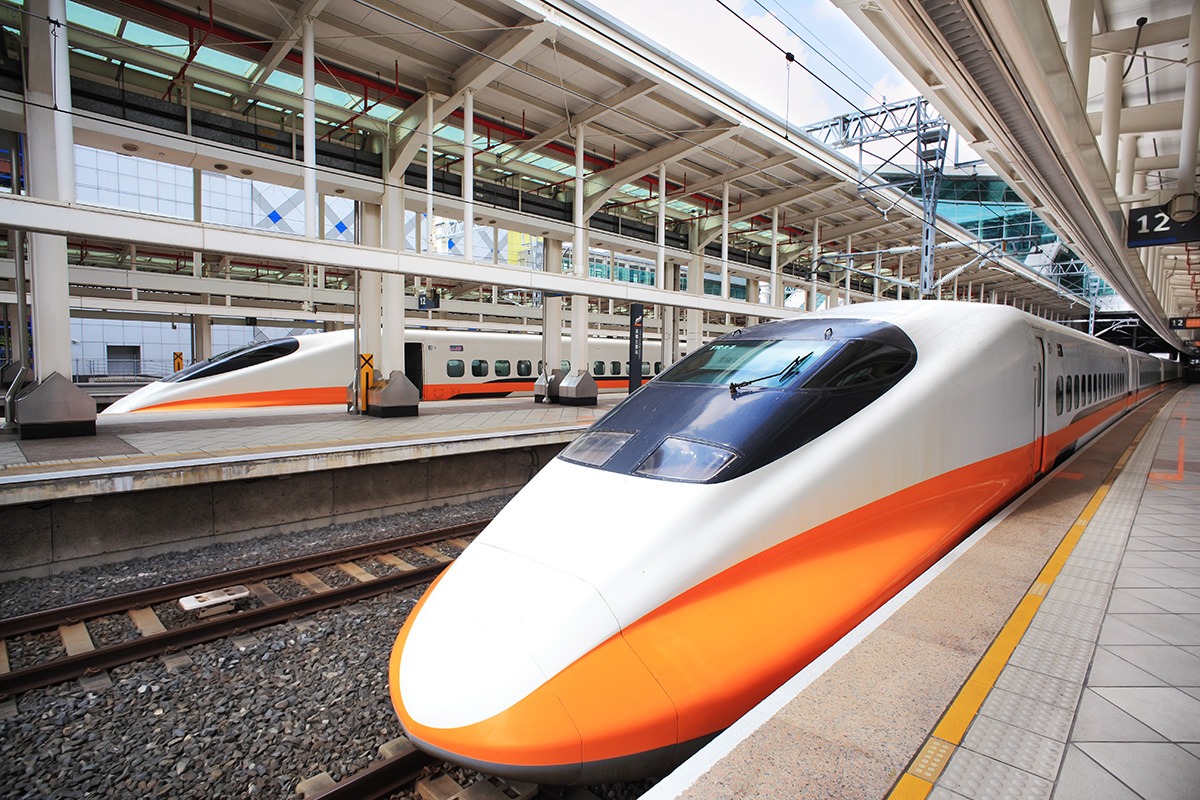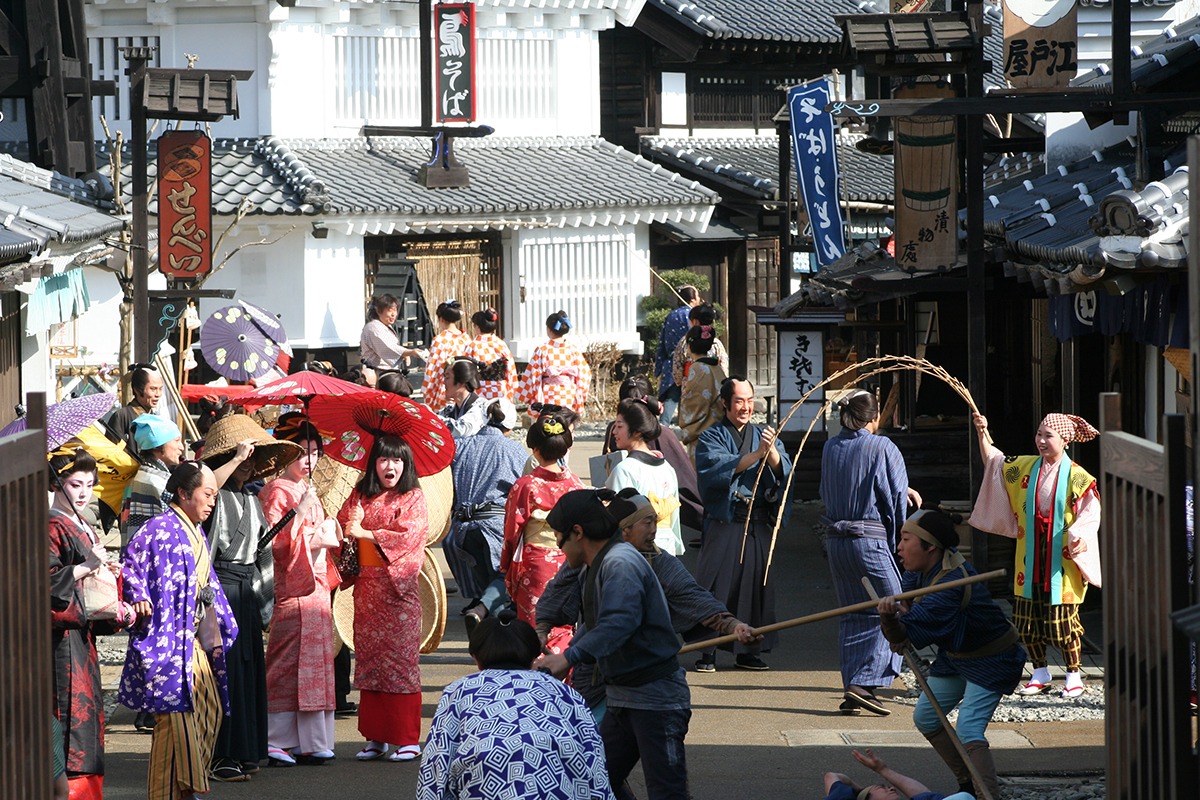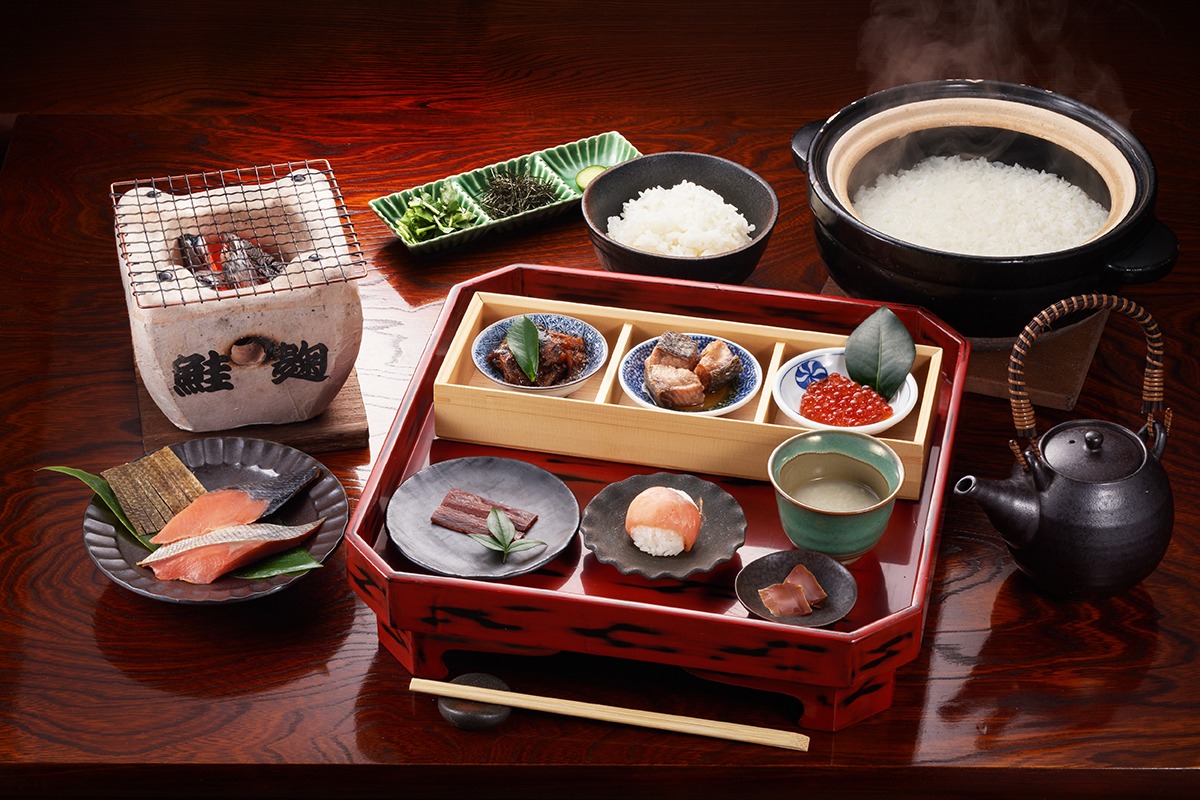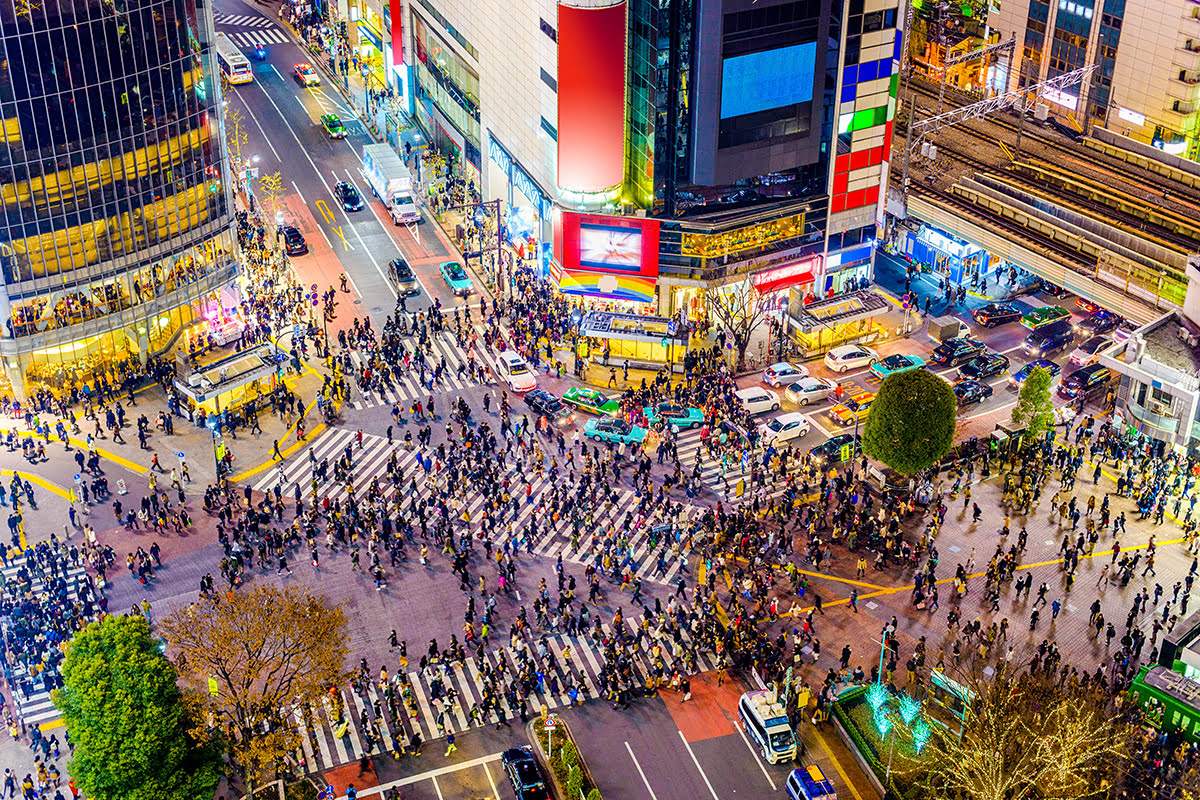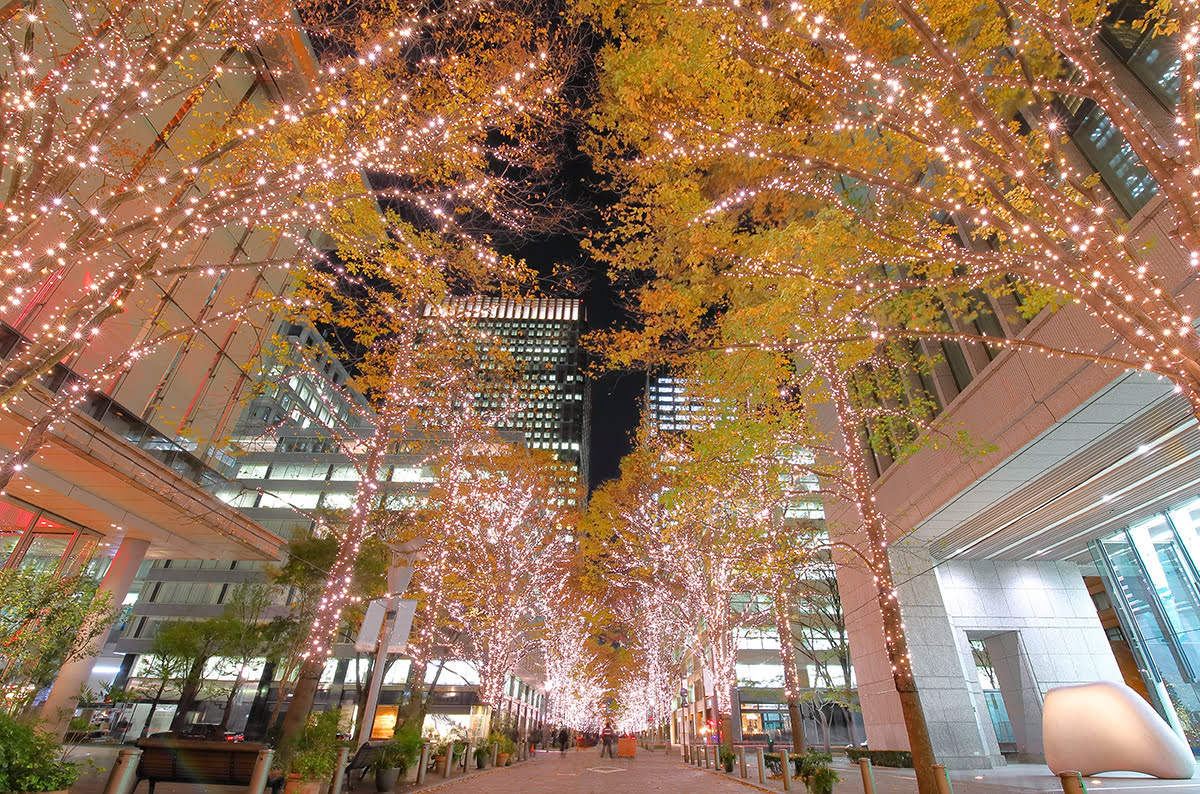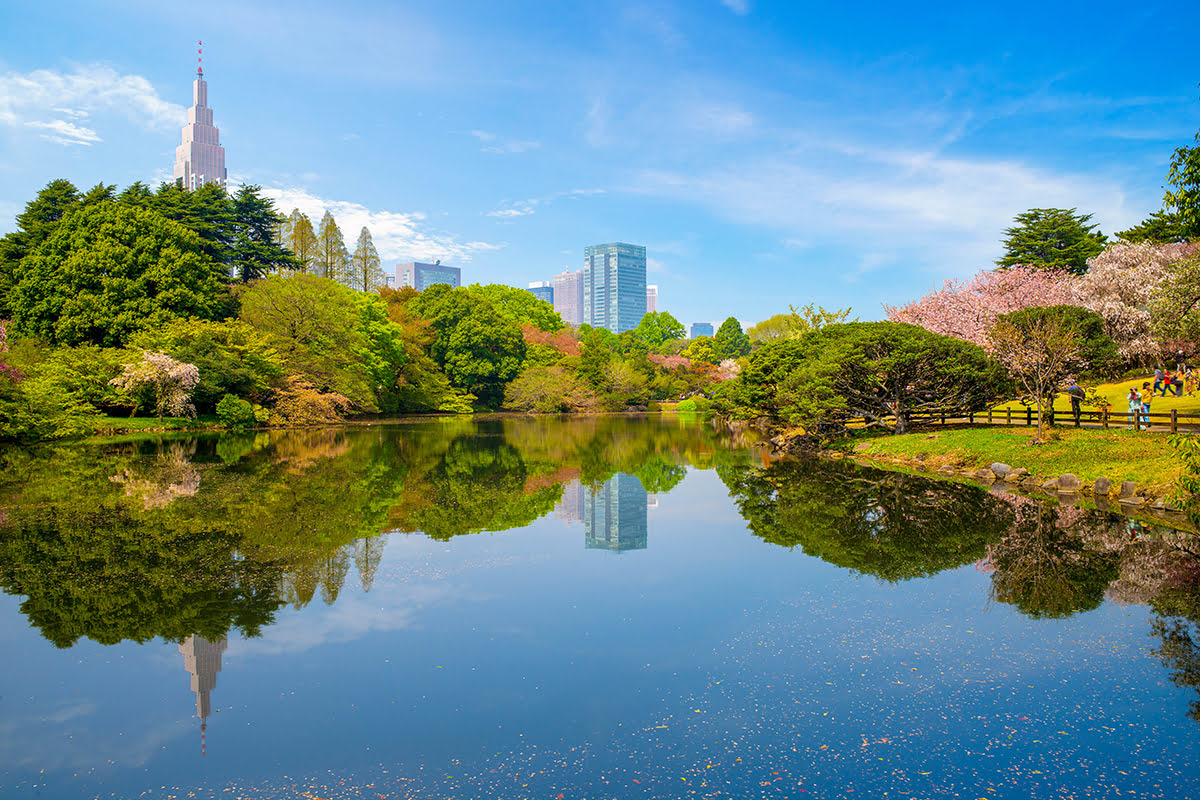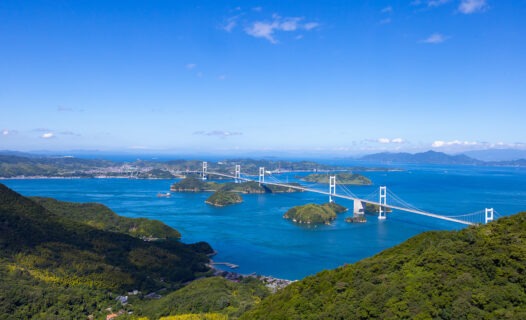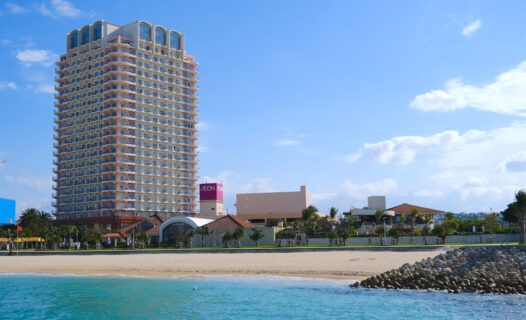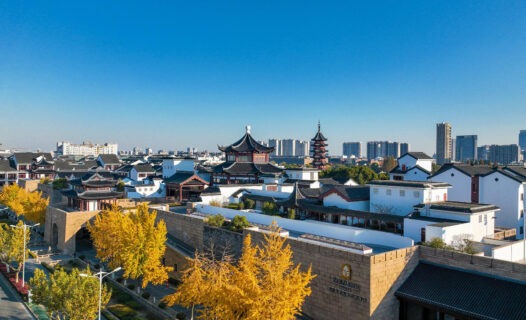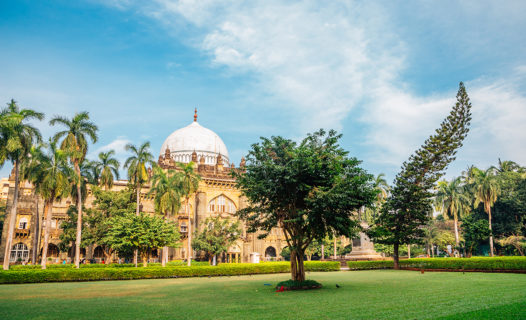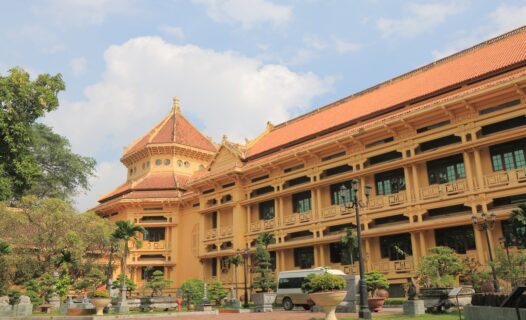Tokyo’s Commitment to Sustainability
Tokyo, a bustling metropolis known for its neon-lit streets and technological advancements, also stands as a paragon of cleanliness and environmental care. Unlike many other major cities, Tokyo’s streets are remarkably free of litter, a testament to the environmental consciousness ingrained in Japanese culture from an early age. The city’s commitment to sustainability extends to meticulous waste separation and recycling, visible in public spaces like parks and subway stations. This eco-friendly mindset is reflected in the city’s infrastructure, where public transportation is not just a necessity but a preference. The efficient public transport system, including the extensive use of hybrids like Toyota’s Prius, underscores Tokyo’s dedication to reducing its carbon footprint.
Eco-Friendly Travel Tips
As a traveler in Tokyo, there are several ways to contribute to the city’s sustainable ethos. Embracing the local practice of waste minimization and recycling is an excellent start. Tourists are encouraged to adopt habits like using public transport systems, which are hailed as the best in the world. The shinkansen, or bullet train, offers a speedy and eco-friendly way to traverse the country, providing stunning views of the Japanese landscape, including the iconic Mount Fuji. Moreover, cycling is not just a healthy alternative but also a popular way to explore Tokyo, allowing tourists to immerse themselves in the city’s vibrant atmosphere intimately. Simple actions, such as carrying your own chopsticks and refusing extra packaging, also go a long way in aligning with Tokyo’s eco-friendly practices.
Understanding Air Quality and Pollution in Tokyo
The narrative of Tokyo’s air quality is a compelling tale of transformation. In the 1970s, Japan grappled with severe pollution issues, a byproduct of rapid industrialization. The enactment of the Basic Law for Environment Pollution Control marked a pivotal moment in the nation’s history, addressing pollution-related health crises. Today, Tokyo, despite transitioning away from fossil fuels, still faces challenges in completely eradicating its dependence on them. While air quality has improved significantly, the city remains vigilant, aware of the lingering threats posed by pollution.
Respecting Japanese Culture and Society
Japan is renowned for its structured society where loyalty, politeness, and collective harmony are paramount. As a visitor, understanding and respecting these cultural tenets is crucial. Japanese society places a high value on personal responsibility, education, and hard work, which is reflected in their low crime rates and orderly public spaces. When interacting with locals, remember that the Japanese handshake is typically soft, with minimal eye contact, often accompanied by a respectful bow. Nodding is essential in conversations, signifying understanding and respect. Dress conservatively, avoid loud conversations, and refrain from public displays of affection to align with the local customs.
Supporting Local and Green Businesses
One of the most impactful ways tourists can contribute to sustainable travel in Tokyo is by supporting local businesses. By choosing to stay at locally owned hotels, dine at organic restaurants, and purchase from local artisans, travelers not only enjoy an authentic experience but also help in promoting sustainable economic practices. The city offers numerous opportunities to engage in eco-friendly activities, from visiting farmers’ markets to participating in community-centered experiences that highlight sustainable living.
Eco-Friendly Accommodations in Tokyo
When it comes to eco-friendly accommodations in Tokyo, there are plentiful options catering to various preferences and budgets. Choose to stay in some of the best neighborhoods, like Shinjuku and Shibuya, as these areas are not only central to Tokyo’s vibrant nightlife and shopping but also offer easy access to green transportation options.
Luxury Meets Sustainability
Luxury and sustainability coexist harmoniously in Tokyo’s hotel scene. The Imperial Hotel Tokyo and the Palace Hotel Tokyo are prime examples of this blend, offering luxurious amenities while upholding sustainable practices. The Imperial Hotel, with its storied history and elegant design, is a landmark in itself. In contrast, the Palace Hotel Tokyo, located a mere 1.3 miles from the city center, provides guests with convenient access to major attractions and green amenities. Explore these luxurious yet eco-friendly options further at Best Hotels in Tokyo: 13 Best Luxury & 5-Star Accommodations.
Staying Near Tokyo’s Key Attractions
For travelers looking to stay close to Tokyo’s famous landmarks, there are numerous hotels near Tokyo Tower and Tokyo Station that offer comfortable and sustainable lodging options. The Tokyo Station Hotel, for instance, is a luxurious establishment offering stunning views and is situated in the Marunouchi district, known for its upscale shopping and dining. For more information on these hotels and to make a booking, visit Where to Stay in Tokyo | Cool Hotels by Popular Attractions.
Contributing to a Greener Tokyo
Visitors to Tokyo can take their commitment to sustainability a step further by participating in various green initiatives. Engaging with grassroots organizations dedicated to environmental preservation and opting for carbon offsetting for flights are effective ways to make a positive impact.
